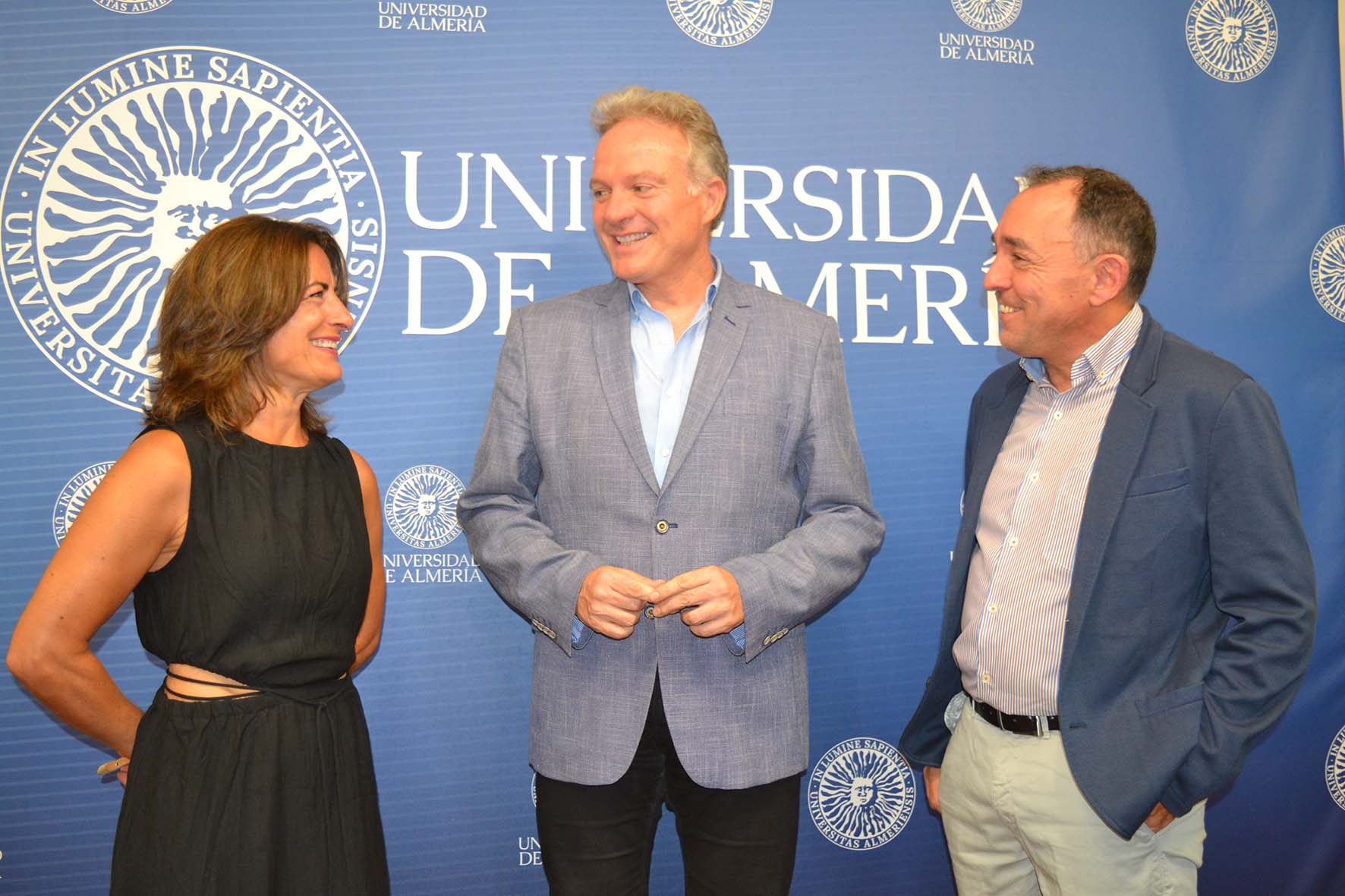An increase in mental health problems mean that this could be the next health crisis, which is why MEPs want action
Covid-19’s impact on mental health
The Covid-19 pandemic and the subsequent economic crisis have placed a huge strain on everyone’s mental health and well-being, which has led to an increase of work-related psychosocial risks and higher rates of stress, anxiety and depression. However, mental health is not treated as a priority in the same way as physical health, Parliament’s employment and social affairs committee says in its report on mental health in the digital world of work.
The report points out that 64% of young people between 18 and 34 were at risk of depression in 2021, due to a lack of employment and financial and educational prospects, as well as loneliness and social isolation.
Find out more on EU measures for public health

The UAL will be the virtual and international venue for a congress on the treatment of psychosis |
Preventing work-related mental health issues
The report calls on the EU institutions and countries to recognise the high level of work-related mental health problems and to find ways to help prevent mental health problems. It also underlines the need to eradicate violence, discrimination and harassment at work.
The committee also calls for legislation establishing minimum requirements for telework across the EU, without undermining the working conditions of teleworkers. It could cover working conditions, such as ensuring it is voluntary and that the rights, work-life balance, workload and performance standards of teleworkers are equivalent to those in the place of work.
It also calls for flexible work hours to help mitigate work-related stress, education on mental health and training for employers. In addition, it proposes that 2023 is the EU Year of Good Mental Health to highlight the issue.
The latest report underlines the Parliament’s concern with mental health. In a resolution resolution on the EU’s public health strategy post Covid-19 adopted in July 2020, Parliament recognised mental health as a fundamental human right and called for an EU action plan on mental health.In 2021 MEPs called for the right to disconnect from work outside working hours with no negative consequences.
MEPs will discuss and vote on the report on mental health in the digital world of work during the plenary session taking place on 4-7 July.







Leave a Reply